Marek Edelman was one of a very few Jewish patriots who fought the Nazis in the Warsaw Ghetto and lived to tell the story of the bravery of those who rose up against their oppressors during World War II.
On the 45th anniversary of the Uprising, he wrote of a chilling recollection, “In January 1940, after the first radio transmitting station of the Polish Underground had been found by the Germans, a new wave of mass terror commenced. During a single night the Germans arrested and murdered over 300 people comprising social leaders, intelligentsia and professionals. This was not all. The so-called ‘Seuchensperrgebiet’ (area threatened by typhus) was established, and Jews were forbidden to live outside of this designated area.”
In response to the continued suffering and deportations from Warsaw to the death camps, the Jewish Battle Organization (ZOB) took action in January 1943 after the Germans had surrounded the Ghetto and it appeared that an all-out effort to liquidate its inhabitants was imminent. Then, in April, after a series of embarrassing setbacks, the Germans moved into the Ghetto for a climactic struggle.
“But no, they did not scare us and we were not taken by surprise. We were only awaiting an opportune moment,” wrote Edelman. “Such a moment presently arrived. The Germans chose the intersection at Mila and Zamenhofa Streets for their bivouac area, and battle groups barricaded at the four corners of the street opened concentric fire on them. Strange projectiles began exploding everywhere (the hand grenades of our own make), the lone machine-gun sent shots through the air now and then (ammunition had to be conserved carefully), rifles started firing a bit farther away. Such was the beginning.”
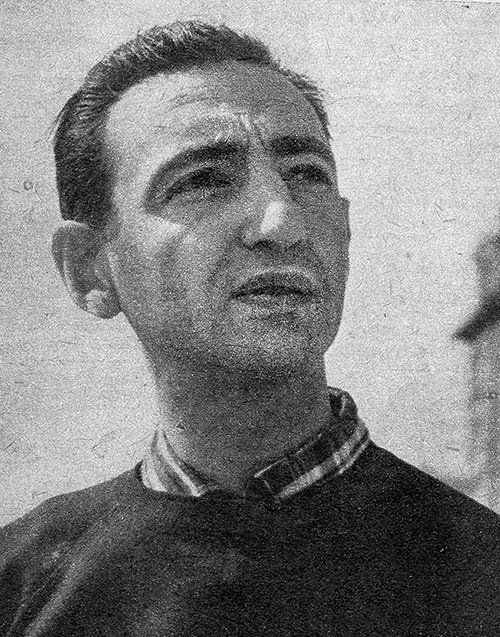
Although the vast majority of their strength was eliminated early in the fighting or never able to take part in the uprising at all, the ZOB forces inflicted serious casualties on their enemy. Ruthlessly, the Germans burned buildings and fired indiscriminately. Hundreds of civilians were killed. By May 8, German and Ukrainian soldiers had surrounded the ZOB headquarters. A two-hour battle raged, and when their efforts to storm the reinforced ZOB building were repulsed the Germans used gas bombs, forcing the guerrillas to fight in the open or die inside the headquarters, some by their own hand. Among the dead was ZOB commander Mordecaj Anielewicz.
Edelman, who served as one of three subordinate commanders, took charge of the few fighters who remained alive. Two days later, a handful of ZOB guerrillas, including Edelman, managed to escape from Warsaw. Armed resistance continued until mid-June, after which no further word was received from inside the Ghetto.
In reprisal for the Warsaw Ghetto Uprising, the Germans transported to the death camps or killed more than 55,000 people. Edelman joined the Armia Ludowa (People’s Army) and took part in the Warsaw Uprising of 1944. After the war, he became a cardiologist in the city of Lodz in central Poland. Still active politically, he denounced human rights violations and later joined in the Soldarity movement, which resulted in the downfall of Poland’s Communist government in 1989.
When he died on October 2, 2009, at the age of 90, Edelman was the last surviving senior commander of the Jewish fighters in Warsaw who defied Nazi tyranny and would not submit to a horrific fate. During his long life after the war, he refused to allow the memory of those honored dead to fade into obscurity. He wrote and spoke often of his experience, and each April visited the site of the Ghetto, laying a wreath at a monument to the memory of the fallen.
While the death of Marek Edelman closes another chapter on the history of World War II, his life’s work reminds mankind of two simple words that convey the lesson learned: “Never again.”
Michael E. Haskew
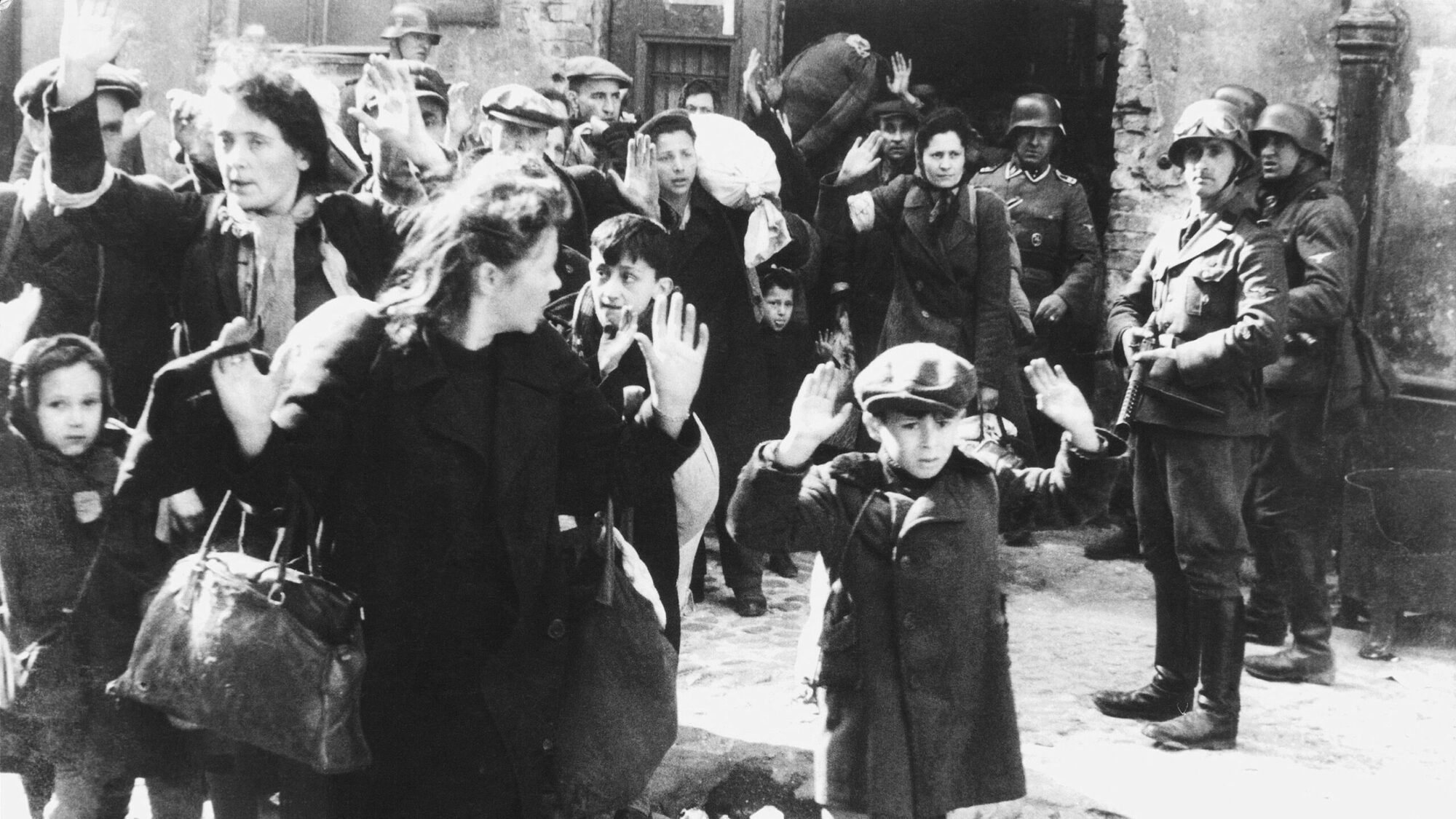
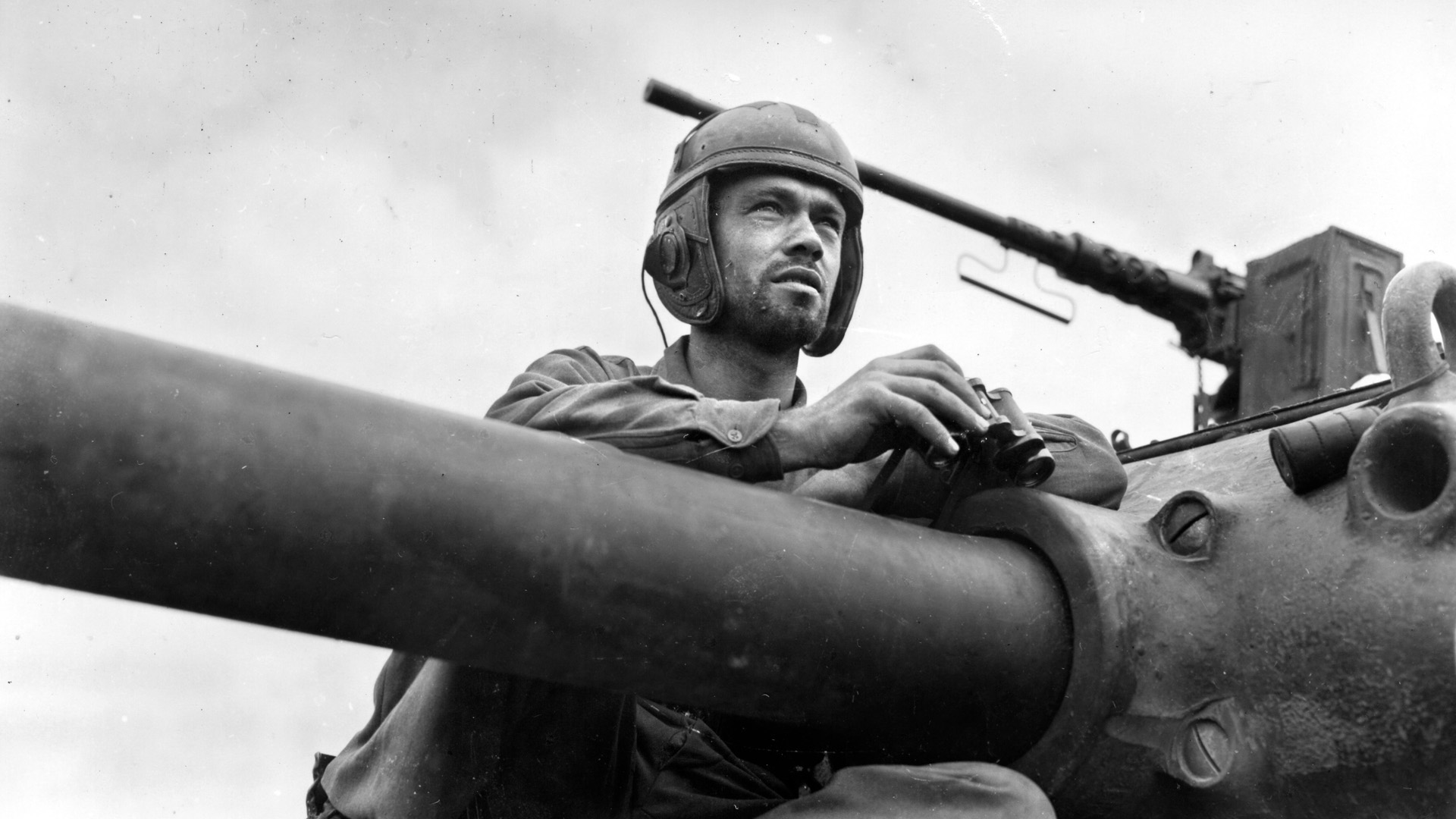
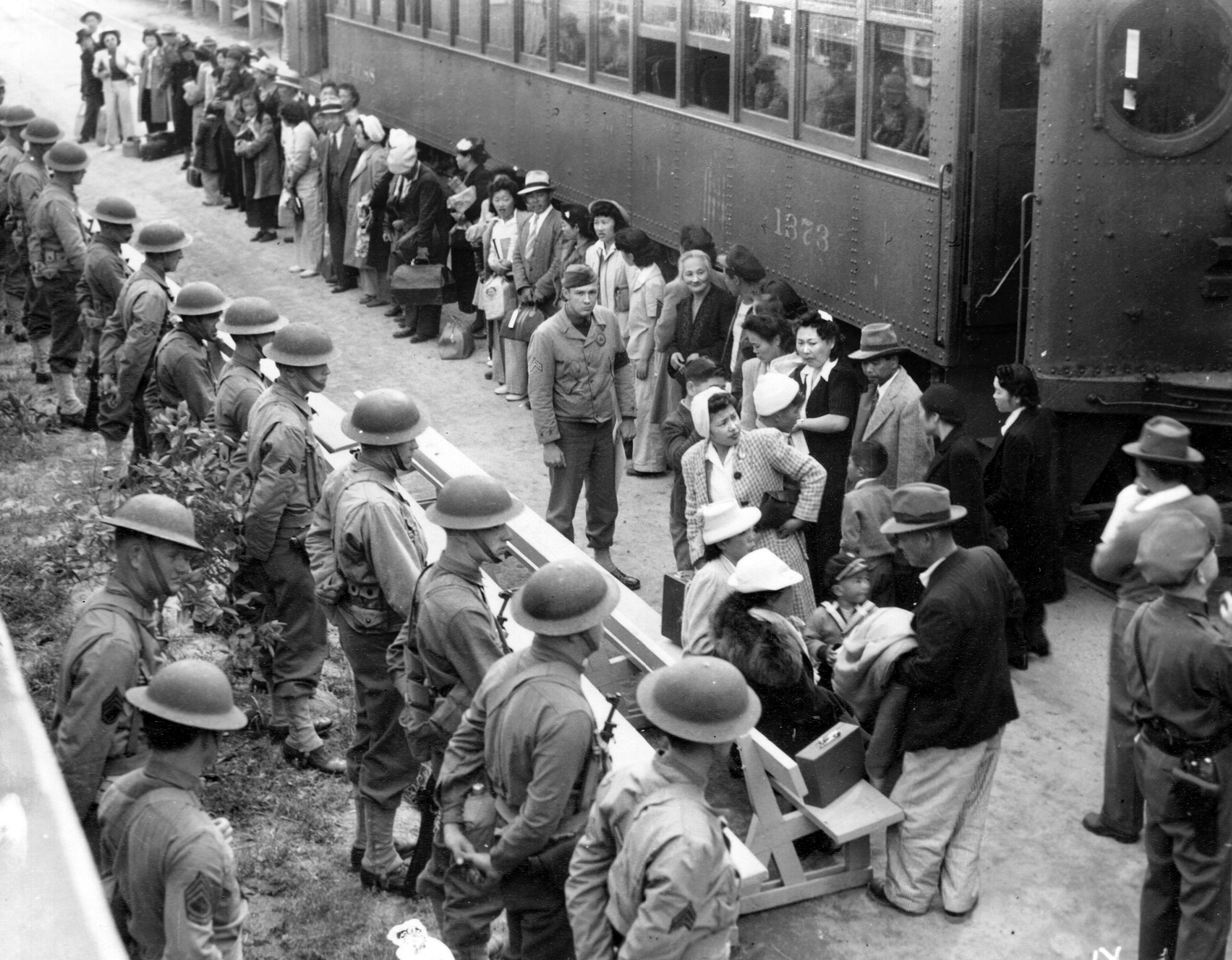
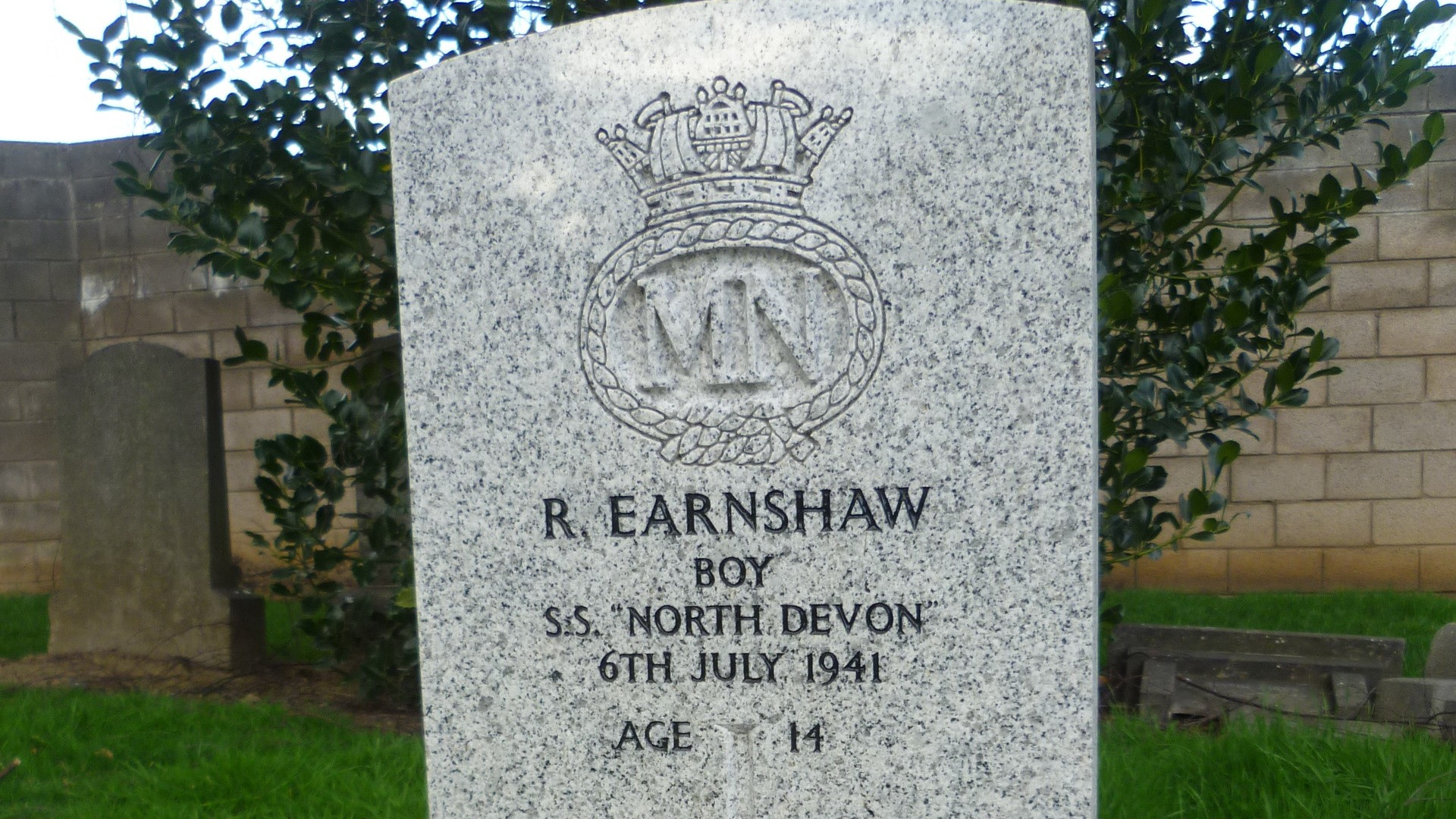
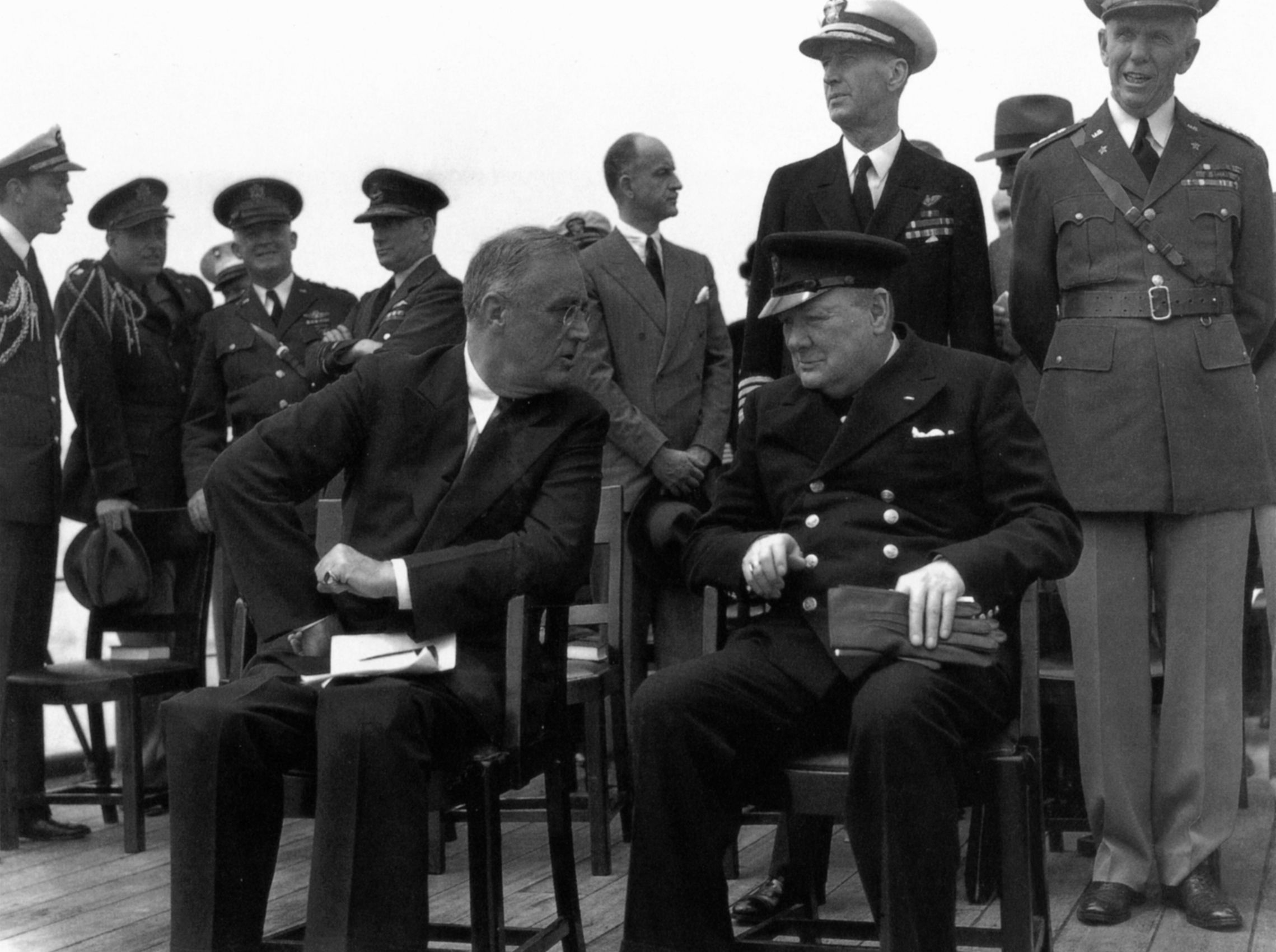
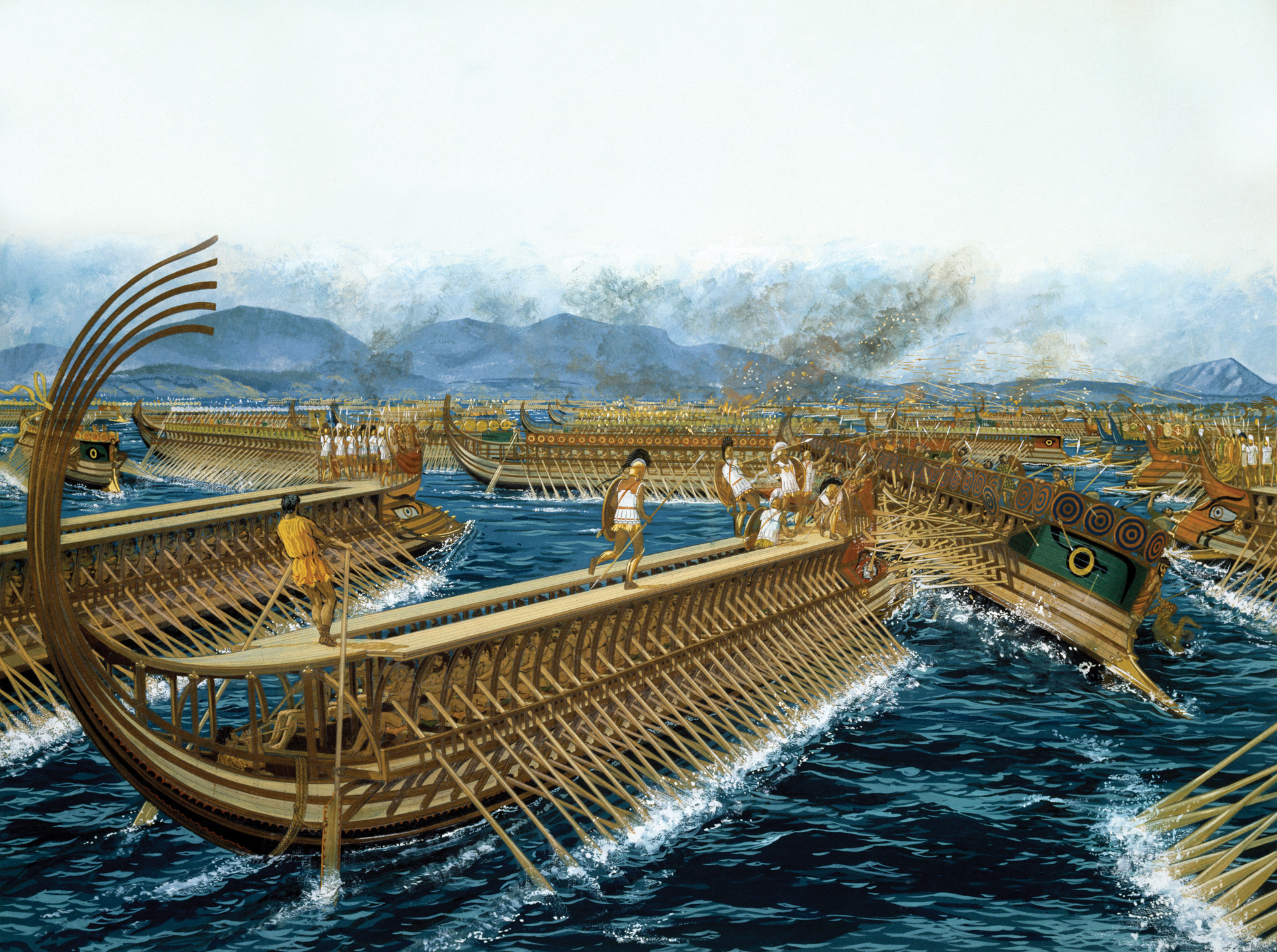
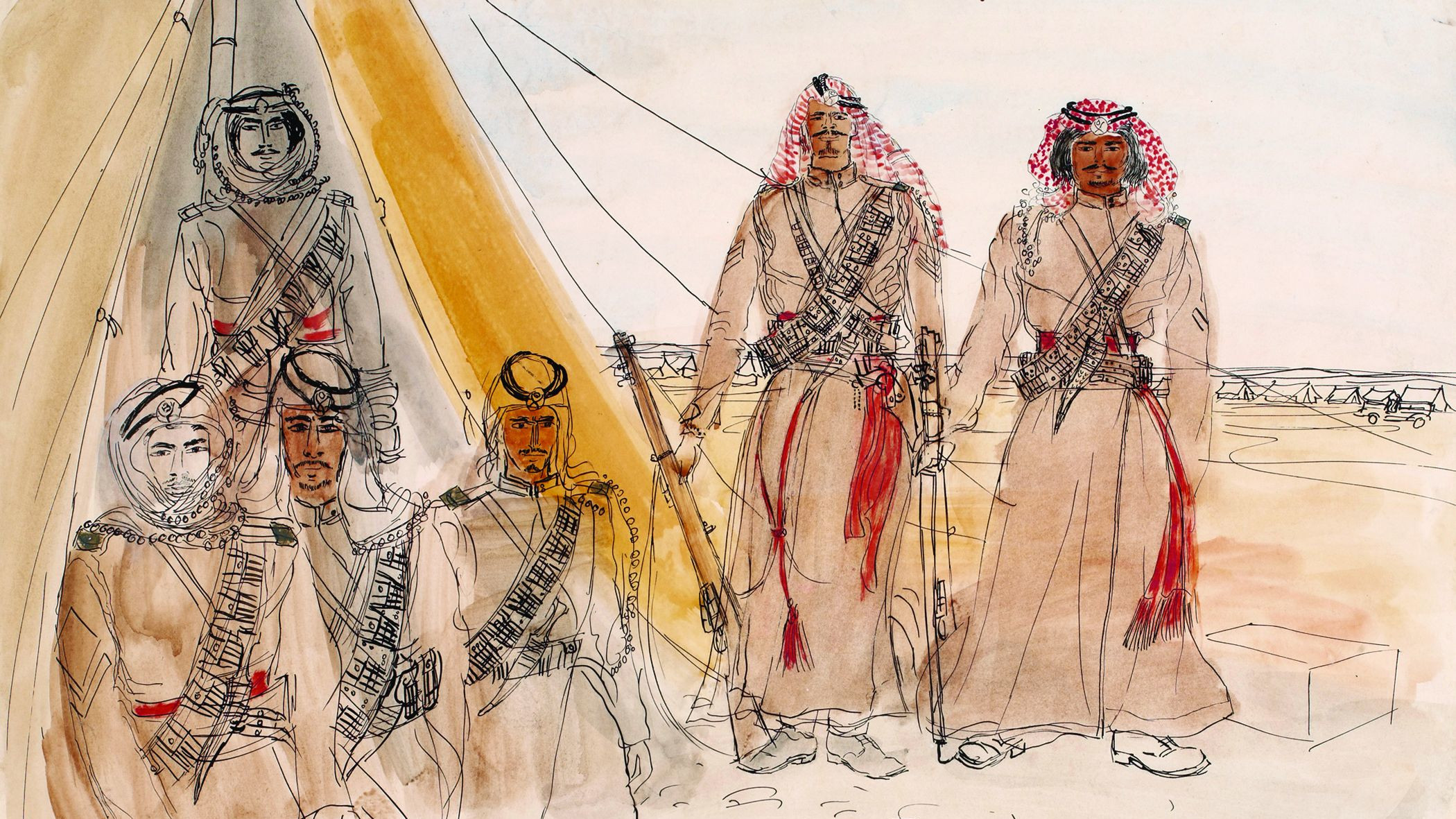
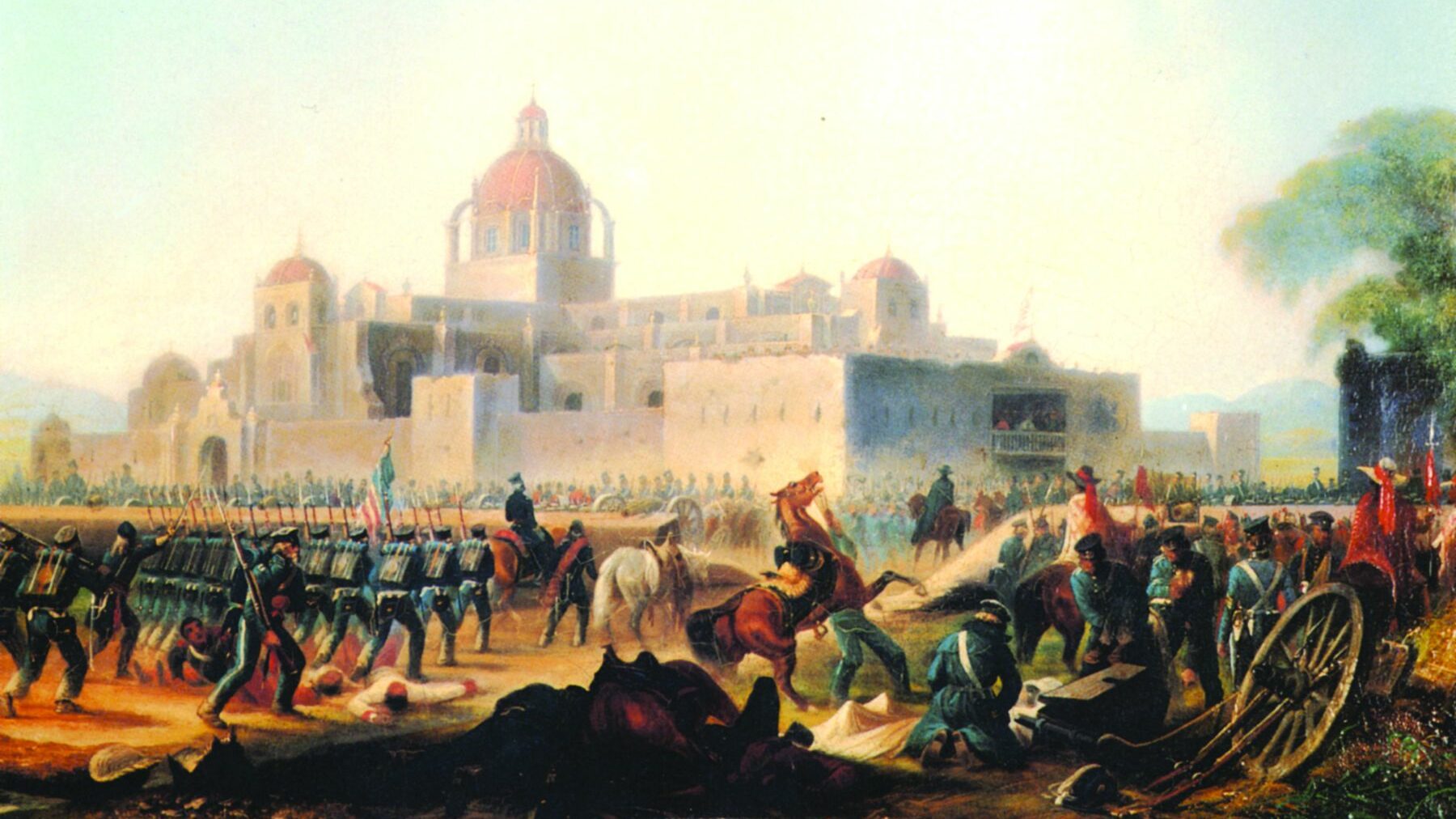
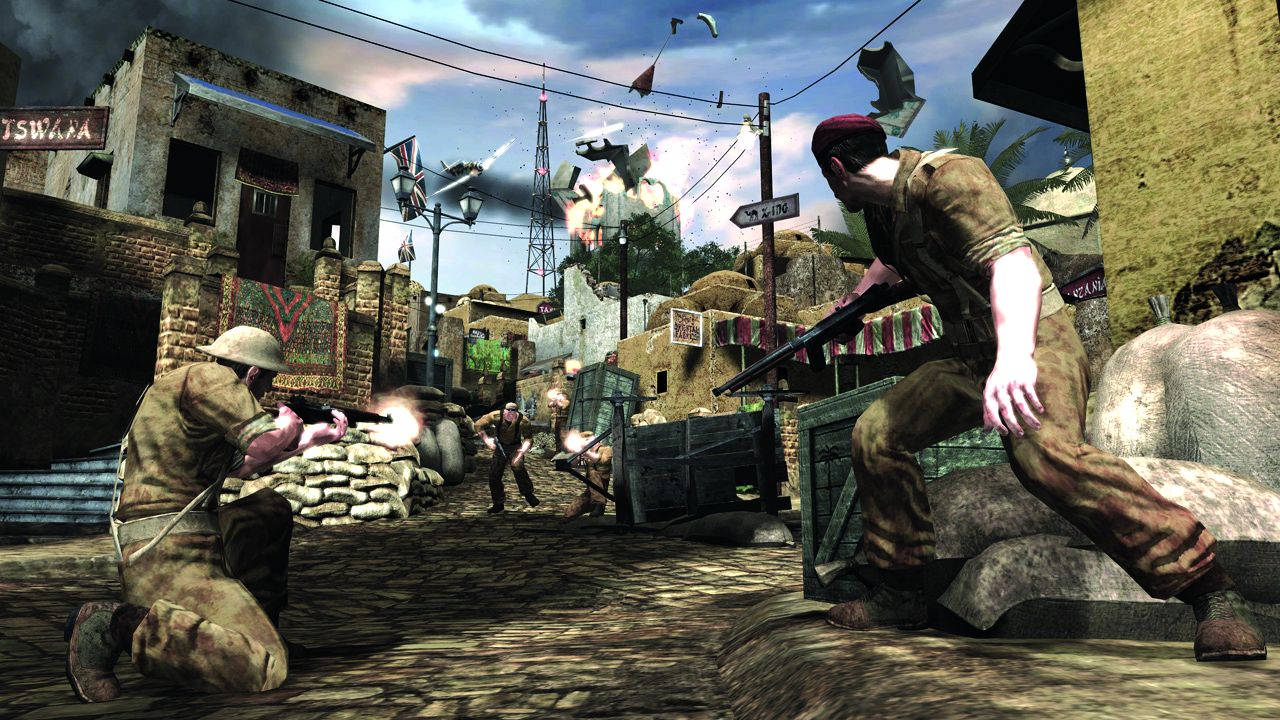
‘… his life’s work reminds mankind of two simple words that convey the lesson learned: “Never again.”’
Let’s hope that this lesson does not become un-learned.